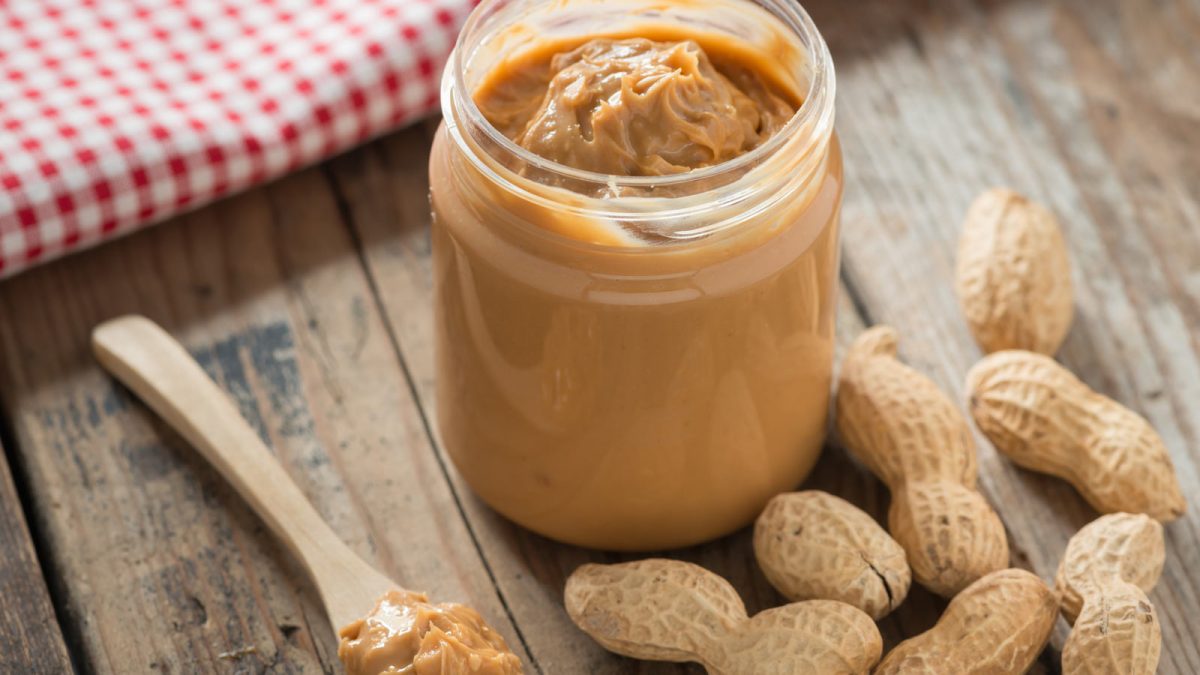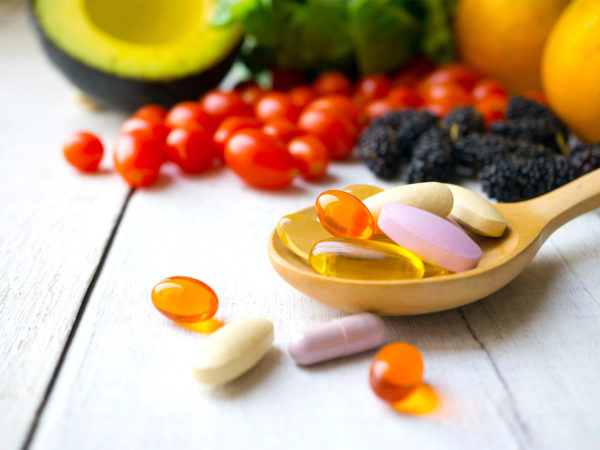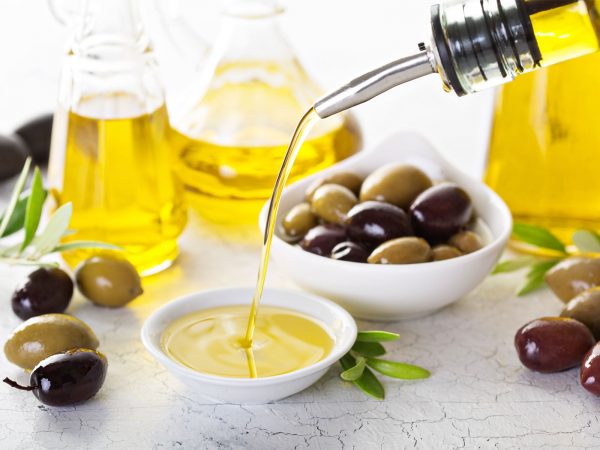Protect Against Aflatoxin – A Cancer-Causer Found in 4 Common Foods
It’s no secret that Americans love peanuts. From peanut butter sandwiches to peanut butter cookies, candies and peanut-filled trail mix, Americans consume over 1.5 billion pounds of peanut products each year.
And while this all-American “nut” is touted as a healthy and inexpensive source of protein and folate, peanuts are not the health food they’re cracked up to be.
Many people choose to avoid peanuts due to food allergies. Others follow a legume-free Paleo diet, or reduce consumption of peanut products due to the inflammatory omega-6 fats (the predominant fat in peanuts). But there is another reason to be cautious about America’s favorite snack food:
Aflatoxin.
Is There Mold in Your Food?
Aflatoxin is a mold toxin. It is produced by a species of fungus, called Aspergillus, that thrives in the soil around crops grown in a hot, humid environment.
And peanuts, with their thin, porous shells and primary growing region in the Southern hemisphere, are prime candidates for this type of fungal invasion. After harvesting, the fungus continues to grow – producing more aflatoxin – as the peanuts are stored and further processed.
While the idea of eating moldy foods may seem unpalatable, there’s a more serious reason to avoid this toxin:
Cancer.
Lowering Your Defenses against Cancer
Aflatoxin is a powerful carcinogen (a cancer-causing agent) and mutagen (a substance that mutates cells). It has been found to cause liver cancer in animals. It has also been correlated with human liver cancer in developing countries where consumption of peanuts and other aflatoxin-contaminated foods is high.
Aflatoxin promotes cancer by targeting a specific gene called, p53. This is also known as the “tumor suppressor gene,” for its ability to halt the formation of tumors. Without p53, there is no “stop signal” for cell division. As cells grow and divide unchecked, tumors form.
In fact this gene is so important in the formation and spread of cancer that a recent paper, published in the journal, Nature, states that:
It seems nearly impossible for a normal cell to become a cancer cell unless it inactivates the p53 network.
And that is exactly what aflatoxin does.
Aflatoxin also causes liver cells to die and reduces your liver’s ability to produce glutathione – another powerful cancer-fighting substance.
How Much Aflatoxin Is Safe?
US food safety regulations have set a limit of 20 µg/kg of aflatoxin in food products. The limits in Europe are much lower. However, the truth is that we don’t know how much (if any) aflatoxin is safe. And even very small exposures can add up to a significant cumulative burden.
In fact, ingesting low levels of aflatoxin over a long period of time has been implicated in liver cancer, chronic hepatitis, jaundice, cirrhosis and impaired nutrient assimilation.
And because aflatoxins are very stable, they can survive high temperatures with little degradation. That means cooking, baking or roasting doesn’t afford any protection, according to recent studies.
But there are a few things you can do…
Protecting Against Aflatoxin
Avoid Entirely: Your best defense is to avoid the four foods that are most frequently contaminated with aflatoxin including:
- Peanuts and peanut products
- Corn
- Wheat
- Oil seeds such as cottonseed
Buy (and Eat) Selectively:
Always avoid eating nuts that look moldy, discolored or shriveled. Also, note that aflatoxin can be found in spices, coffee, cocoa, dried fruit, figs and tree nuts. Buy from companies that you trust and who take aflatoxin contamination seriously.
For example, MaraNatha asserts that every one of their nut butters is virtually aflatoxin free. (This is because they use Valencia peanuts, grown in dry-weather environments, like New Mexico, that do not favor the growth of Aspergillis fungus).
Don’t Buy in Bulk or DIY:
Do-it-yourself nut butters found in health food stores typically have higher levels of aflatoxin, as these nuts are stored in the grinding chamber for weeks or months. Avoid bulk nuts for the same reason.
Supply the Antidote:
A number of foods have been found to decrease the cancer-causing effects of aflatoxin.
These include Apiaceous vegetables (carrots, celery, parsnips, and parsley), chlorophyll (found in green vegetables, spirulina and chlorella), garlic and onions. Be sure to include these in your diet.
Consider the Feed:
Because aflatoxin is also found in the milk and meat of animals given contaminated feed, be sure to choose grass-fed beef and dairy products from a farmer you trust – like U.S. Wellness Meats.
Wine is another product that is often contaminated with toxins produced by mold and fungus.
Not only do they travel the world to find low-sugar wines, produced using chemical-free, old-world production methods… they also lab test every batch for purity (and to ensure the highest standard of health).




Very interesting! Also quite frighting! Thankyou